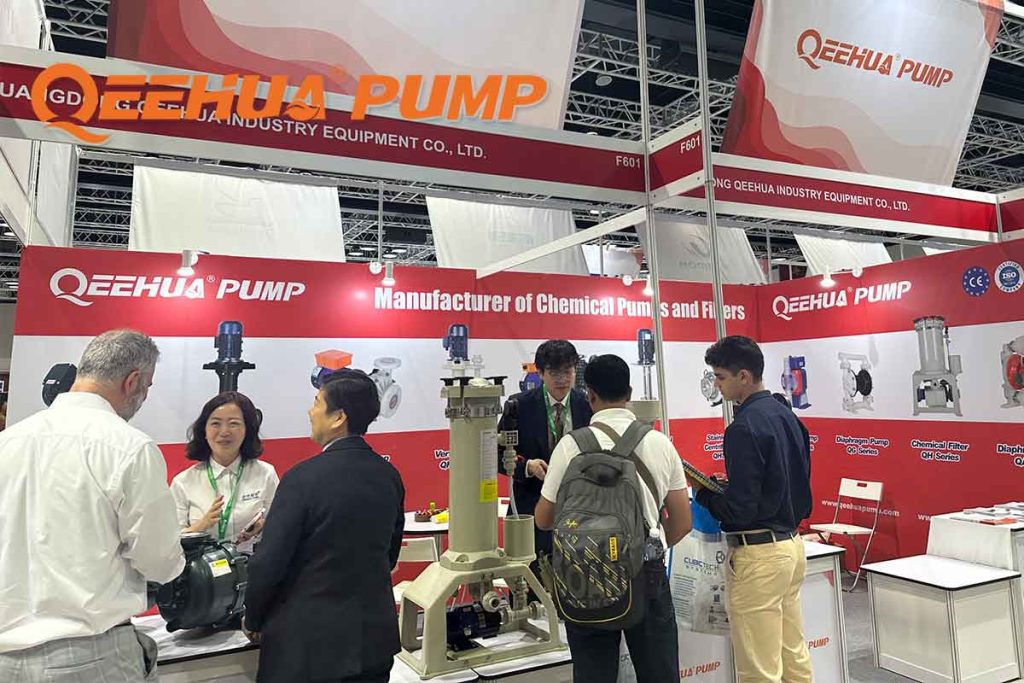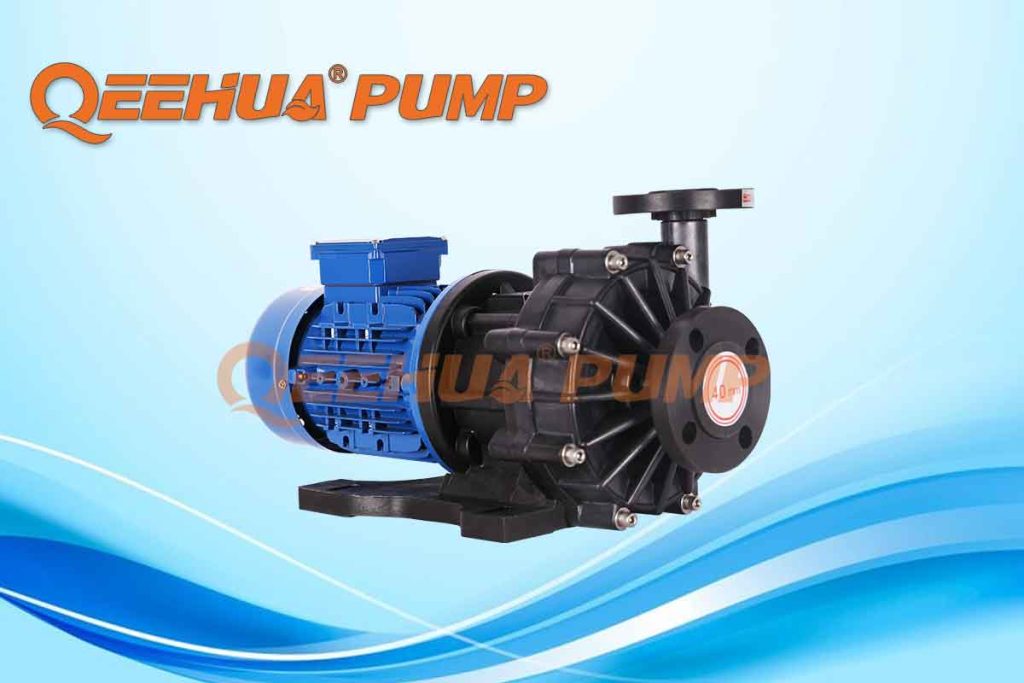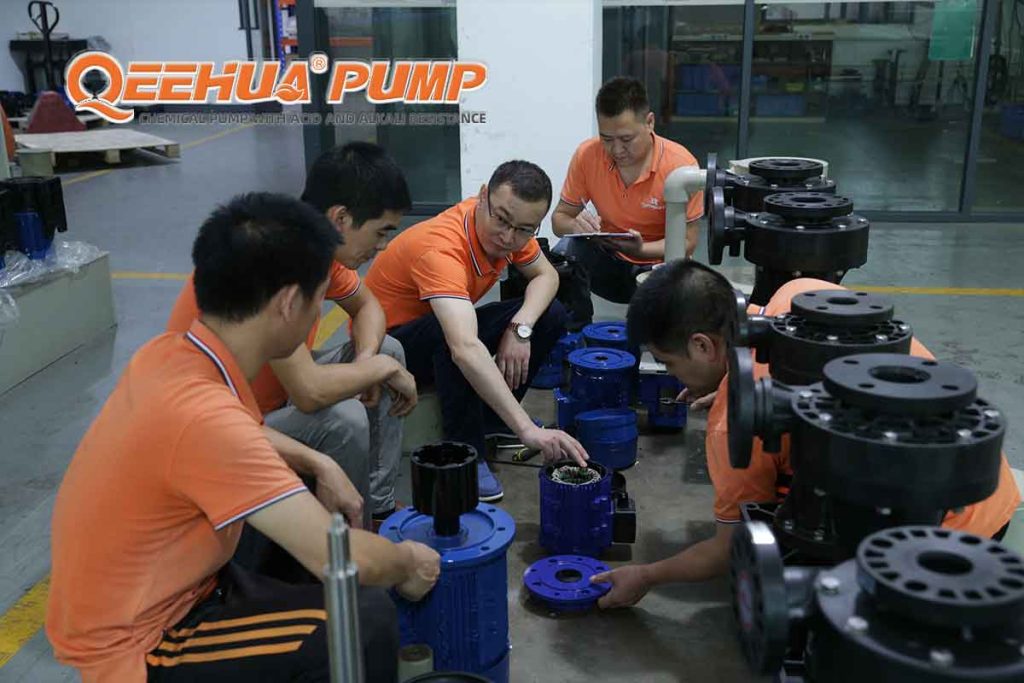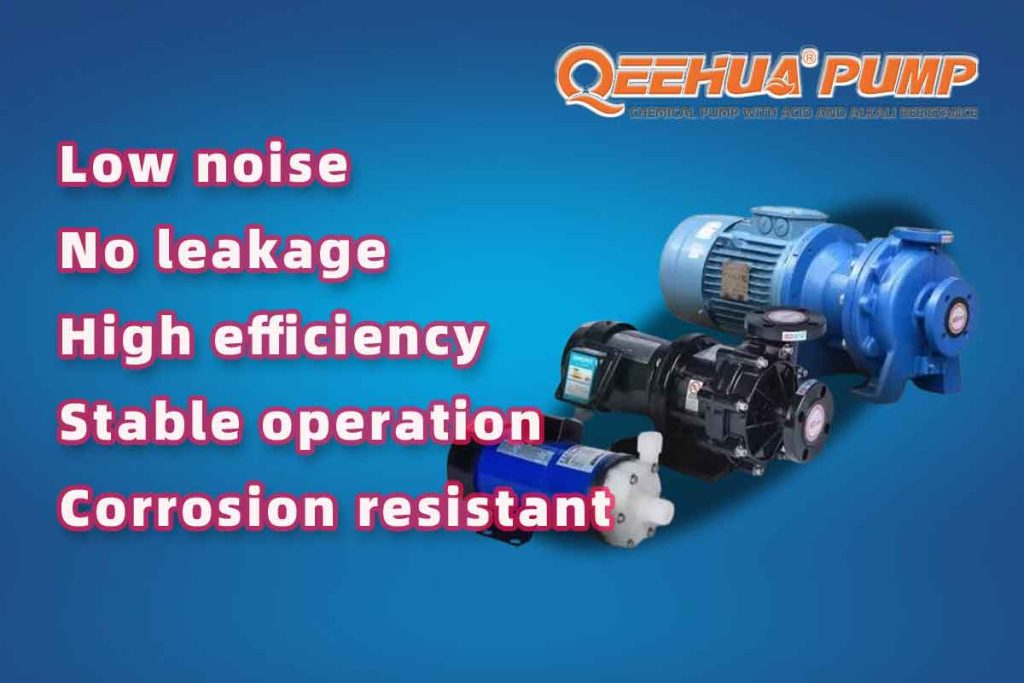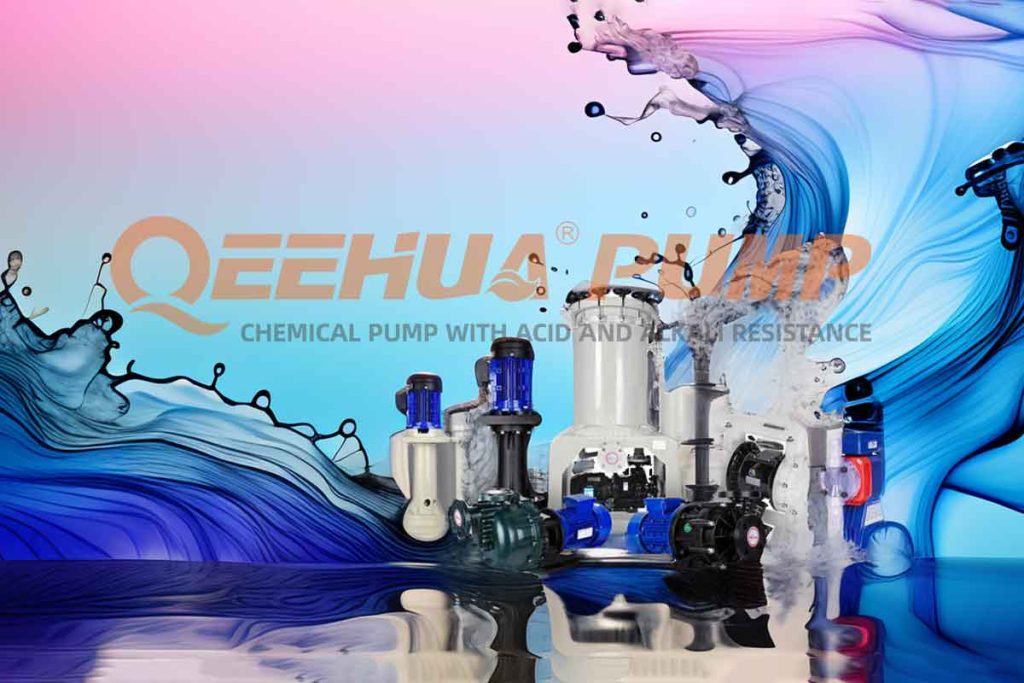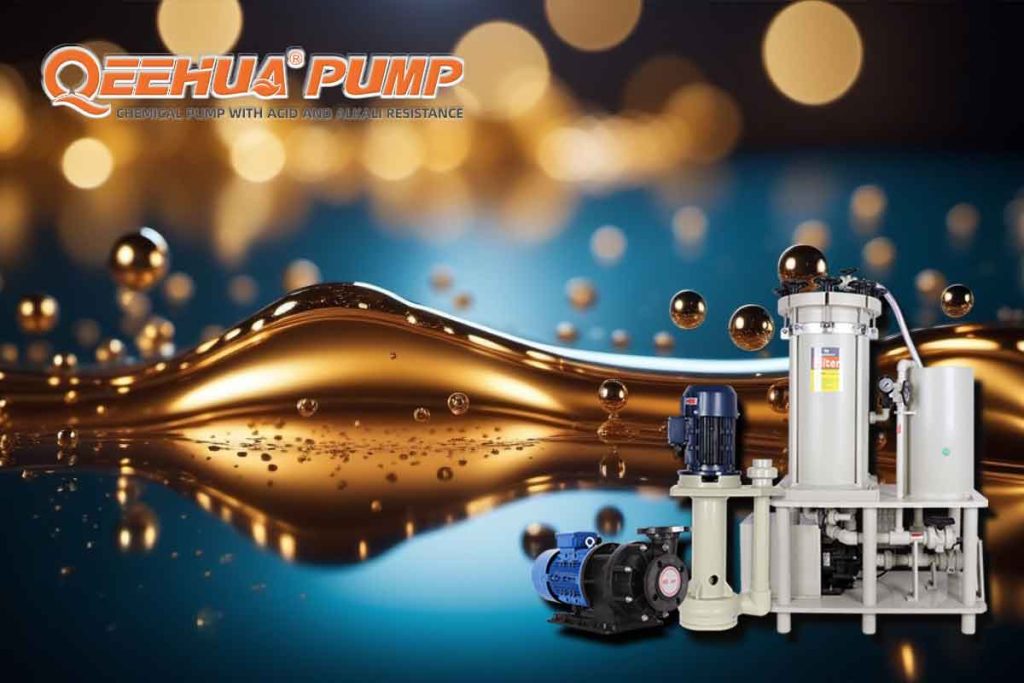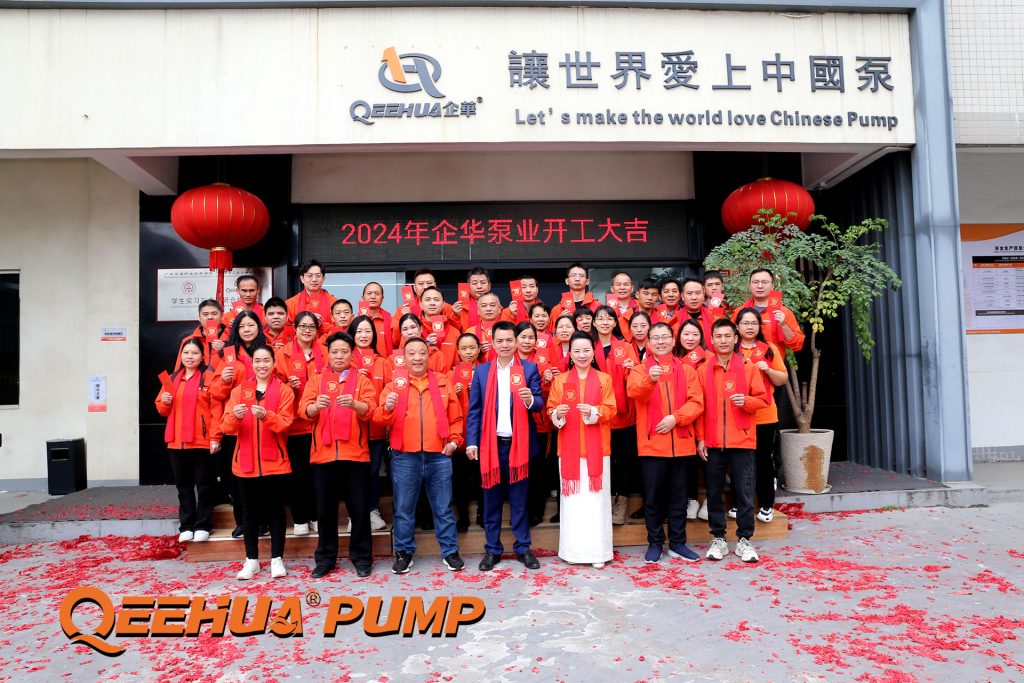In industrial environments where highly corrosive chemicals are handled, choosing the right pump is crucial. Conventional water pumps, typically made of metal or plastic, often fall short when dealing with complex corrosive conditions in chemical processes.
Limitations of Corrosion Resistance in Metal Materials
Corrosion encompasses various types, including chemical corrosion, electrochemical corrosion, and physical corrosion. Metals are often the primary targets of corrosion, making them susceptible to multiple forms of chemical, electrochemical, and physical corrosion threats in the operating environment of pumps. Different types of corrosion can interact with each other, leading to more severe corrosion issues.
Furthermore, pumps generate heat during operation, and the liquids they handle can exhibit high-temperature characteristics. In some cases, the working fluid itself may undergo vaporization. This means that the operating temperature of pumps inevitably rises. For instance, in the case of sulfuric acid corrosion on gray cast iron, the corrosion rate of sulfuric acid on gray cast iron doubles for every 10°C increase in temperature. Even for more corrosion-resistant materials like stainless steel 316L, an increase in temperature can accelerate its corrosion rate when exposed to hydrochloric acid.
At certain temperatures, changes in the concentration of the medium can also accelerate or decelerate corrosion rates. Some metals can form passive films, but this protective measure is effective only within specific concentration ranges. For example, increasing sulfuric acid concentration enhances the corrosion resistance of gray cast iron, while increasing hydrochloric acid concentration reduces the corrosion resistance of stainless steel 316L.
Material Selection for Corrosion-Resistant Plastic Pumps
In response to these challenges, plastic chemical pumps have gained prominence. The corrosion resistance of plastics, characterized by their chemical stability and resistance to chemical agents and oxidation, is generally superior to that of metals and wood. Most plastics can resist erosion from acids, alkalis, salts, oils, and certain organic solvents.
This corrosion resistance primarily depends on the molecular composition and structure of the plastic. Different types of plastics and additives result in varying degrees of corrosion resistance. Here are some common corrosion-resistant plastic pump materials and their applications:
- FRPP (Polypropylene): Suitable for weak acids and weak alkali liquids but not recommended for highly oxidizing acids or strong alkali liquids. Operating temperature should be kept below 65°C.
- CFRPP (Carbon Fiber Reinforced Polypropylene): Suitable for weak acid and alkali liquids, with greater alkali resistance than FRPP. Not suitable for highly oxidizing acids or strong alkali liquids. Operating temperature should be kept below 65°C.
- CPVC (Chlorinated Polyvinyl Chloride): Suitable for highly oxidizing acids at 90°C, high-concentration alkalis, acids, chlorinated hydrocarbons, fats, ketones, and chlorine. Not suitable for solvents or low-temperature liquids (<0°C).
- PVDF (Polyvinylidene Fluoride): Suitable for acids, acid mixtures, bromine, and various media, with high-temperature resistance. Can handle concentrated hydrochloric acid, sulfuric acid, nitric acid, and more. Not suitable for highly alkaline solutions; pH should be less than 12.
Applications and Advantages of Corrosion-Resistant Plastic Pumps by QEEHUA PUMP
In many demanding industrial environments, chemical pumps play a critical role in handling highly corrosive substances. To ensure reliability and efficiency, selecting the appropriate pump structure is paramount.
QEEHUA PUMP Company is a pioneer in the field of chemical pump manufacturing, early on utilizing plastic materials such as polypropylene and PVDF to manufacture chemical pumps. Their product lineup includes various advanced materials like polypropylene, ETFE, ETFE linings, and PFA linings, specifically suited for handling corrosive chemicals and extreme temperatures.
The Chairman of QEEHUA PUMP stated, “We have achieved excellent corrosion resistance with our products, and they are cost-effective, capable of operating in harsh environments. We consistently use high-quality raw materials rather than inferior products. Plastic components are used in applications such as microchips and solvent manufacturing. This is a growing market.”
In industrial applications involving highly corrosive and volatile chemicals, plastic chemical pumps have become the preferred choice, thanks to their corrosion resistance and versatility in various harsh environments. By correctly selecting the appropriate corrosion-resistant plastic pump, you can ensure the reliability and efficiency of industrial processes while reducing operational costs.



